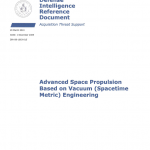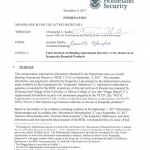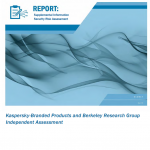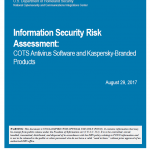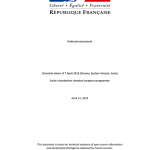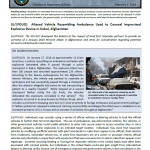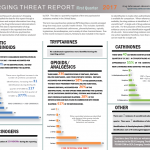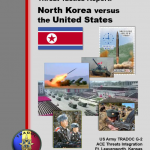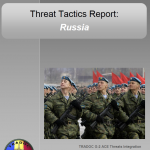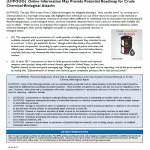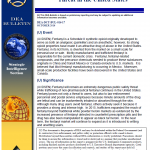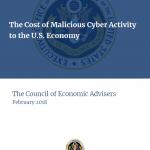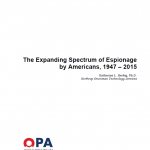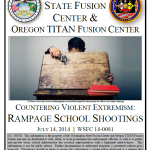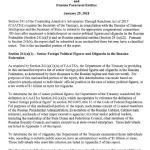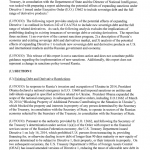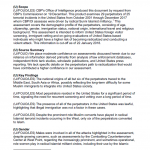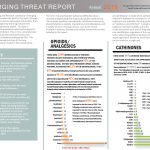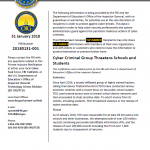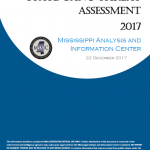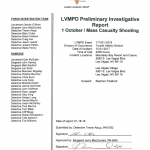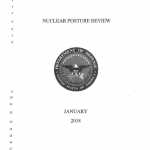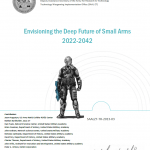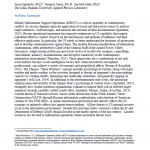
Military Information Support Operations (MISO) is a critical capability in contemporary conflict. Its success depends upon the application of social and behavioral science to analyze target audiences, craft messages, and measure the outcome of their dissemination (Spitaletta, 2013). Recent operational experience has exposed weaknesses in US capability that require redoubled effort to conduct research on the mechanisms and methods of influence and their effective application. In particular, the US needs to better understand the doctrines of adversaries and to develop countermeasures against them. The modern Russian manifestation of information confrontation, often attributed to Chief of the General Staff of the Armed Forces Valery Gerasimov, adapts historical Russian and Soviet tactics of maskirovka (surprise, camouflage, concealment, mimicry, disinformation, and deceptive maneuver) in the contemporary information environment (Thornton, 2015). These approaches are a combination of not only overt military but also covert intelligence tactics that, when executed by disciplined professionals, can achieve a variety of economic and geopolitical effects (Pacepa & Rynchlak, 2013).
Read more →
